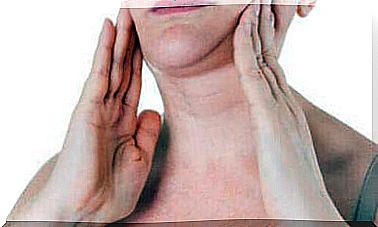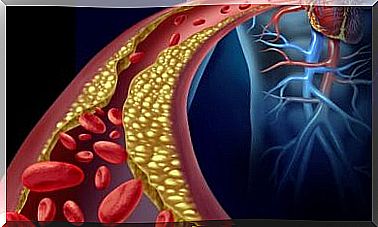Why Some Drugs Cause Headaches

Any medications you take to relieve discomfort can cause rebound headaches. It can last for more than 15 days and is usually due to an overdose of headache medication. What else do you need to know about it? Read on for more details.
What are the symptoms?
The symptoms of a medication-induced headache can vary depending on the type of initial headache being treated and also the medication used.
It is a daily or almost daily pain that often wakes you up early in the morning. It improves with painkillers, but reappears once the effects of the medication wear off. Other symptoms include:
- Nausea
- Restlessness and concentration problems
- Memory problems
- Irritability
What drugs cause headaches?

Taking some medications can cause rebound headaches. This is common in people who mix painkillers. We’re not exactly sure why taking some medications causes rebound headaches.
However, the risk of getting one depends on the medication. Also know that any medication for severe headache pain can cause this type of headache. In addition, these medications include the following:
- Analgesics, antipyretics and anti-inflammatory drugs.
- Painkillers such as aspirin and acetaminophen, or a combination of different painkillers, can cause headaches, especially if you take them for several days in a row.
- Anti-inflammatory drugs (NSAIDs) such as ibuprofen and naproxen are also responsible for it, and their excessive consumption over a long period of time causes rebound headaches.
Migraine medications
This second group includes stronger drugs, such as triptans, opioids, or a combination of pain relievers. Don’t use them for ten or more days a month or they will likely cause constant headaches in those who have this problem or already have migraines.
Opioids are pain relievers derived from opium or synthetic opium compounds containing combinations of codeine and acetaminophen. In addition, the headaches are much worse with the abuse of painkillers than with the abuse of triptans.
Risk factors for the drugs that cause headaches
- A history of chronic headaches, especially migraine headaches
- Frequent use of headache medications (the risk increases if you take a combination of painkillers for 10 days or more per month, and the risk also increases if you take painkillers for more than 15 days in a row).
Is there a treatment for this type of headache?

The first thing to do if you experience frequent medication-induced headaches is to reduce your intake of those medications to break the pain cycle. Once there is a confirmed diagnosis, the first thing the doctor will do is inform the patient and refer the patient to a neurologist.
Your doctor may then ask you to stop taking the offending medication immediately or to reduce the dose gradually. However, headaches are common when you stop taking the medication.
This is because this type of headache is usually directly related to the type of painkiller you took, the length of time you took it, and also the doses used.
The most common treatment regimen is with a non-steroidal anti-inflammatory drug (Spanish link). For example, naproxen every 12 hours, for 2-3 weeks.
However, you can also use prednisone as an alternative for headaches at a dose of 60-100 mg/day and then follow a decreasing pattern up to 14 days of treatment.
Dependence on painkillers
As you can see, drug dependence can be a risk factor for headaches due to overconsumption. So it is possible to experience withdrawal symptoms such as:
- Nervousness and restlessness
- Nausea and vomiting
- Insomnia
- Constipation
These symptoms usually last two to ten days (Spanish link), but can last for several weeks. In many cases, you may even need treatment for anxiety and vomiting for the first few days .
Conclusion on drugs that cause headaches
Headaches caused by excessive consumption of painkillers and increased frequency of primary headaches are preventable. Family physicians may also prescribe preventative headache treatments to avoid the pain caused by overuse of these types of medications.









